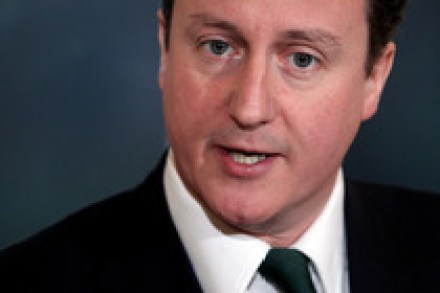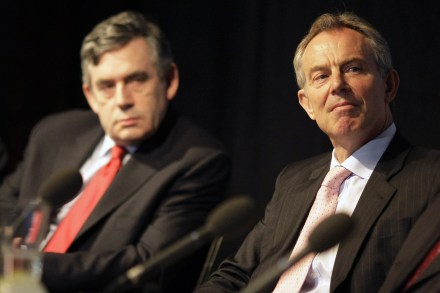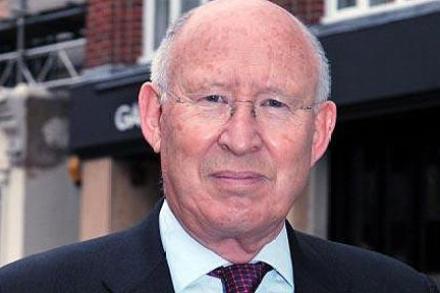The cuts consensus
John Rentoul today puts Trevor Kavanagh and myself in the dock for demanding “massive spending cuts” and concludes that if we “had any power” we would be “about as helpful to Cameron as Sarah Palin was to John McCain” but believes Cameron “will hold to his strategic course”. I mean: massive cuts. How crazy is that? Surely only swivel-eyed maniacs would be planning cuts – real, hard-core ideologues – would plan that when the deficit is a mere 13 percent of GDP. Surely? It struck me, reading this, that John is unaware of the massive cuts which Labour is planning (understandable, as they were in the small print and have still not

















